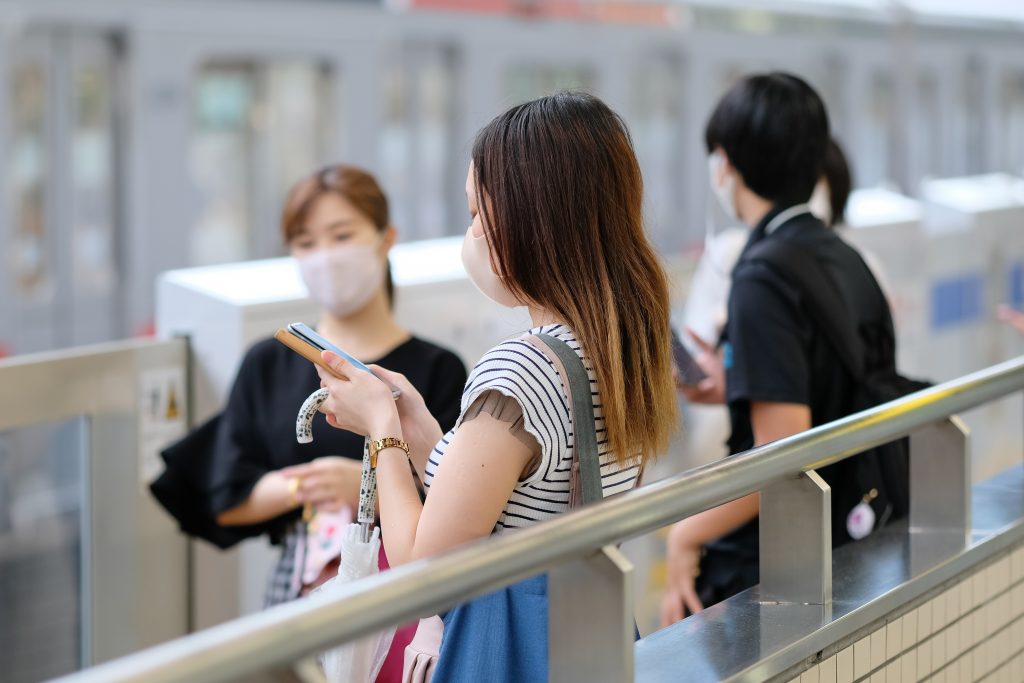
- ARAB NEWS
- 31 Jul 2025

TOKYO: A think tank survey showed Saturday that 56 percent of respondents in Japan said they had been exposed to unreliable information or unfounded rumors about COVID-19 vaccines.
Asked where they came across such dubious information, with multiple answers allowed, 46 percent of respondents cited the internet and 25 percent cited television programs aired by commercial broadcasters, according to the survey by the Japan Press Research Institute.
The survey asked those who were exposed to dubious information how they confirmed correct information, with multiple answers allowed. The proportion of respondents who cited TV programs stood at 48 percent, followed by social media, including Twitter, at 32 percent, online posts by experts, at 28 percent, announcements from the Japanese government, at 25 percent, conversations with family members and friends, at 24 percent and newspaper reports, at 20 percent.
Asked how they obtained information needed for deciding whether to get vaccinated against the novel coronavirus, 51 percent said they watched TV, 42 percent said they discussed the matter with family members and friends, 27 percent cited government announcements and 25 percent said they used newspaper reports as a reference.
The survey also asked respondents to rate the reliability of each media platform on a scale of zero to 100 points.
Public broadcaster NHK, or Japan Broadcasting Corp., had the highest average rate of 69.0 points, followed by newspapers, with 67.7 points, commercial TV, with 61.3 points, radio, with 55.4 points, and the internet, with 49.2 points.
The poll was conducted between Aug. 27 and Sept. 14, covering 5,000 people aged 18 or older across the country. Of them, 3,047 people offered answers.
JIJI Press